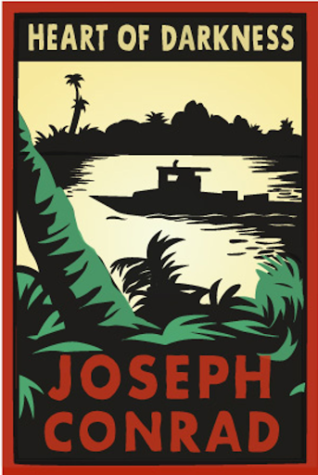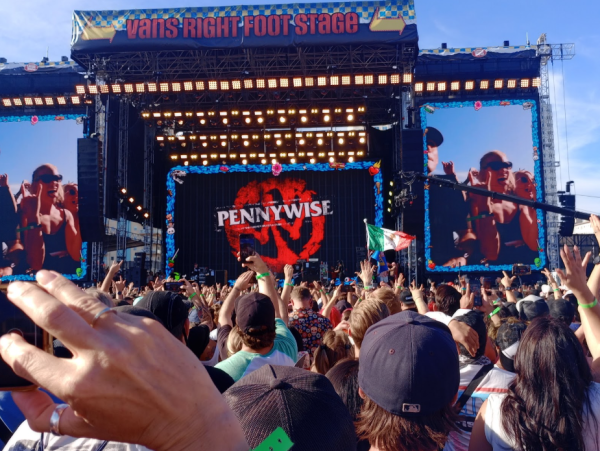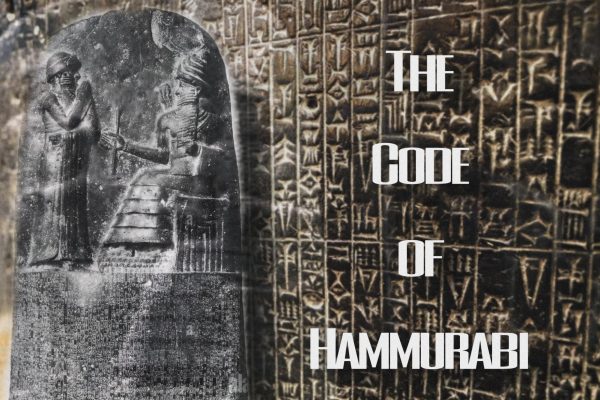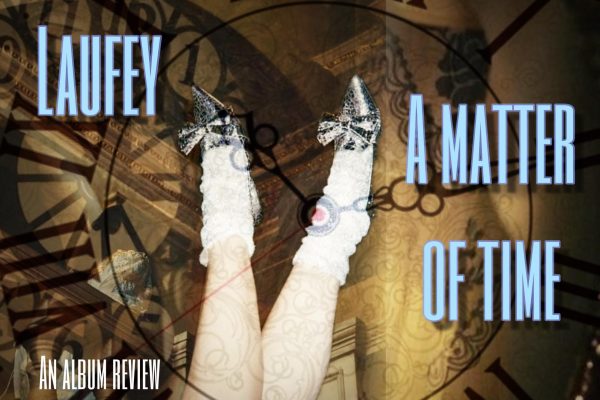The Books We Read in School (and Their Authors) Shape Our Understanding

If you take English 10 and AP English Literature and Composition at Quartz Hill High School, you will run into two books similar in subject matter, but wildly different in the way they approach it. One was written by a Polish steamboat captain as he experienced the depths of Africa. The other looks back almost eighty years, but it uses a more accessible and personal main character. Often, these books are paired in literary discussions where the conversation about one sparks interest in the other. After all, both allow the reader to question the value placed on modern Western civilization and the stereotypical view of Africa as savage, meaning inhuman, and primitive, meaning ignorant.
The book taught in 10th grade is Chinua Achebe’s Things Fall Apart. Achebe is a Nigerian poet, novelist, and professor who is extremely critical of Western society and its views. In the words of Mr. Jenison, “Things Fall Apart was blunt and straight to the point… there’s nothing like following a protagonist through life as they are personally affected by imperialism.” The other book, Heart of Darkness by Joseph Conrad, is much more convoluted in both content and structure, as the sentences lull the reader into a daze. Conrad’s narrator (and to an extent Conrad himself) views the African natives as “not inhuman,” even discussing the kinship felt, inspiring an endless debate about Conrad’s true views and intentions.
According to AP Literature teacher Mrs. McElroy, an author has “tons!” of impact on their work. While some limiting (or emboldening) factors include what type of person the author is and the time period in which they are writing, it is extremely hard not to “find something in their own life that has either inspired or directly is what they’re writing about” (Jenison). With this in mind, one begins to question whether a work can be separated from the time in which it was written and its author while still holding truth or if all authors and perspectives should be given equal consideration in complex discussions such as this one about imperialism. Can Things Fall Apart and Heart of Darkness be discussed without mention of the authors? Is the argument valid that Heart of Darkness is not a racist book because it was not considered a racist book when it was written? Does African literature have more value than European literature in the discussion about imperialism? When reading, one learns to check for bias and think about how the story is limited due to the point of view, the knowledge of the time period, or author’s bias, among many other things. This is especially important when considering Things Fall Apart and Heart of Darkness.
Achebe’s novel is limited as much by Okonkwo, the protagonist, as it is by Achebe himself. While Achebe is Nigerian, he is not a Nigerian from the 1880’s like Okonkwo; however, one can question whether Okonkwo would even consider himself Nigerian. Mr. Jenison said, “there is something really phenomenal about looking into such a unique culture that is helpful to expand upon your own understandings of the rest of the world.” For many students, Things Fall Apart is one of the first non-western books they have read in school and, as such, conveys different values and meanings than a western book would while discussing the same subject. Due to the author’s deep understanding of the subject matter from his personal experience, the experience of those around him, and the first person perspective, the reader gains a deep and personal understanding of the characters and the time period. While the author does not explicitly reveal the motivations and the nature of the characters, including the protagonist (for example, was Okonkwo truly abusive?), the reader is able to experience the late 19th Century as an Igbo man, an experience entirely different from the one gained from Heart of Darkness.
Joseph Conrad’s unnamed narrator and Charlie Marlow, the protagonist, have just as much effect on their story as Okonkwo does in Things Fall Apart, perhaps more. Marlow is retelling his journey into the “heart of darkness” (Africa) and is able to decide what details to include — like the fact he spoke French in Belgium — and what to emphasize. The reader almost exclusively gets Marlow’s perspective on things as he interprets and tells what happened to him, but what is interesting is how Conrad employs a strategy characteristic of writers from the modern period: he describes an experience as fully as possible with all its complexities, messiness, and ambiguity, and then allows the reader to interpret it.
If only one of these books were taught in school, a student’s understanding of imperialism would be drastically different. Mrs. McElroy said that “each book is one piece of imperialism,” and both are needed (in addition to World History, Human Geography, and European History) in order to develop a more complete understanding of imperialism. Things Fall Apart gives a personal account that shows the negative impacts of imperialism while emphasizing the richness and complexity of Igbo culture. The reader learns that Western literature and ways of thinking are not the epitomai of educated discussion. Heart of Darkness, albeit in an arguably racist way, highlights the similarities and kinship felt between the white storyteller and the native Africans while questioning the civility of Europe. While some may argue that because Heart of Darkness is imperfect in conveying its message and may not stand up to current standards, Caryl Phillips asks, “Are we to throw all racists out of the canon? Are we… to ignore the period in which novels are written and demand that the artist rise above the prejudices of his times?” This raises moral and ethical questions I am not equipped to attempt to answer, but are important to consider.

Wild, crazy, cool are three words used frequently by Mars Gifford, however they are not the words used to describe writing a biography for oneself. What...





